Blockchain Academic Track
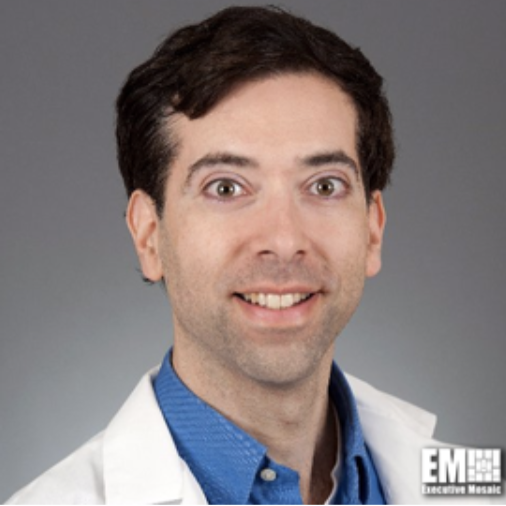
Dr. Gil Alterovitz
Director, Biomedical Cybernetics Laboratory at the Harvard Medical School
Prof. Gil Alterovitz is a faculty at Harvard Medical School specializing in biomedical informatics and with the Computational Health Informatics Program at Boston Children’s Hospital. He is Director of the Biomedical Cybernetics Laboratory. He is also affiliated with the Department of Electrical Engineering and Computer Science at the Massachusetts Institute of Technology. He is co-chair of the HL7 Clinical Genomics workgroup and on the Clinical Workgroup core executive group of the Global Alliance.
His research focuses on integrating genomics within healthcare settings as well as international collaborations involving genomics/clinical data integration. His work on integrative methods for “big data” in the biomedical informatics space has been published or presented in more than 30 peer-reviewed publications ranging from academic journals and international conferences to three books (including “Systems Bioinformatics: An Engineering Case-based Approach,” ranked #1 in new Amazon bioinformatics category).
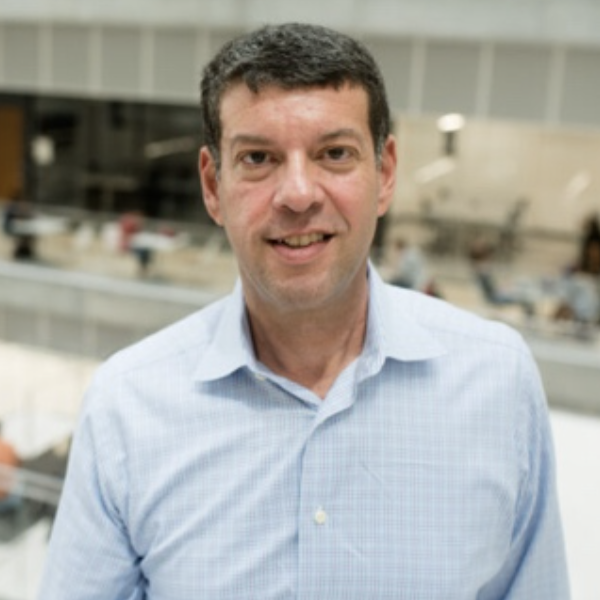
Dr. Carlos Caldas
Professor of Construction Engineering and Project Management, Department of Civil, Architectural & Environmental Engineering
Dr. Carlos H. Caldas is a Professor at The University of Texas at Austin Department of Civil, Architectural and Environmental Engineering. He has a Ph.D. in Civil Engineering from The University of Illinois at Urbana-Champaign and has more than eighteen years of experience in construction engineering and project management. In his doctoral research, he specialized in construction engineering and project management, as well as in computational science and engineering.
His current research interests are in the areas of information technologies and sensors for construction engineering and project management; advanced data analysis techniques, project performance assessment, productivity improvement, knowledge management, and infrastructure systems. He teaches courses on the subjects of information systems, data mining, project management, engineering economic analysis, and building construction.
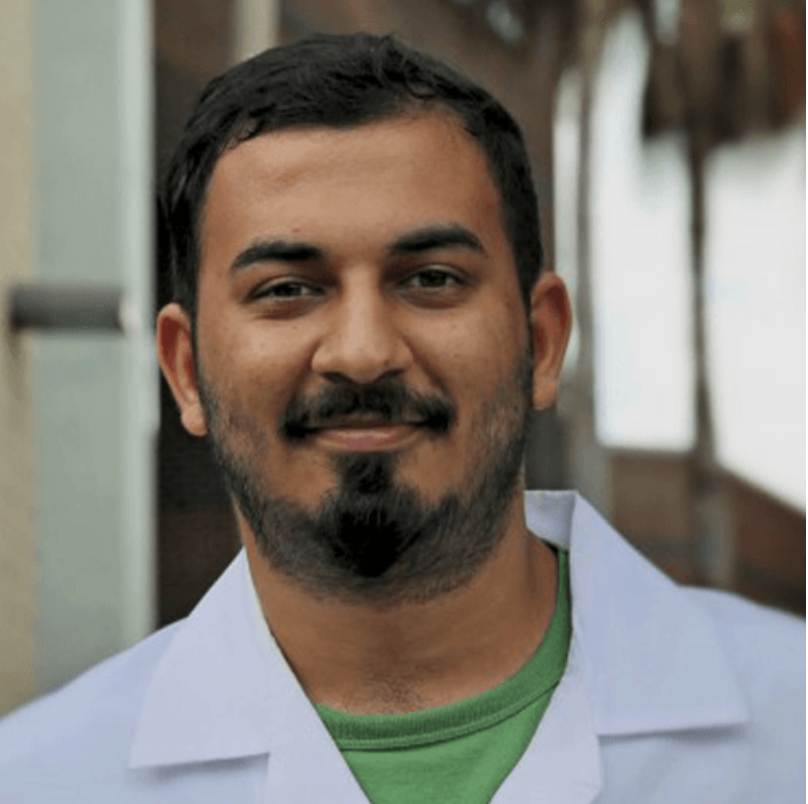
Vikram Dhillon
research fellow in the Institute of Simulation and Training at the University of Central Florida
Vikram Dhillon is currently a research fellow in the Institute of Simulation and Training at University of Central Florida. He holds a Bachelor of Science degree in Molecular Biology from the University of Central Florida, where his main focus was bioinformatics. He has worked as a software and business development coach at the Blackstone Launchpad to mentor young entrepreneurs and startups through the process of building technology products. He was previously funded by the National Science Foundation through the Innovation Corps program to study customer discovery and apply it to commercialize high-risk startup ideas. He is a member of the Linux Foundation and has been very involved in open source projects and initiatives for the past several years. He often speaks at local conferences and meetups about programming, design, security, and entrepreneurship.

Dr. Kayo Fujimoto
Distinguished Professor in Social Determinants of Health,Professor in School of Public Health at the University of Texas Health Science Center at Houston
Fujimoto, a network scientist with backgrounds of sociology and statistics, specializes in the development and application of social network methodologies, deep earning methods, and agent-based network models to various areas of population health research from a multidisciplinary perspective in order to address the social determinants of health. Her research topics include HIV/AIDS & STIs, organizational networks, men who have sex with men (MSM) populations, molecular epidemiology, and healthcare delivery systems. Her research is expected to inform the design, development, and implementation of prevention programs/interventions through the use of social networks among individuals and organizations. Dr. Fujimoto has led multiple NIH-funded, multi-site projects related to social networks and HIV/STI risk/preventive behaviors among young MSM populations.
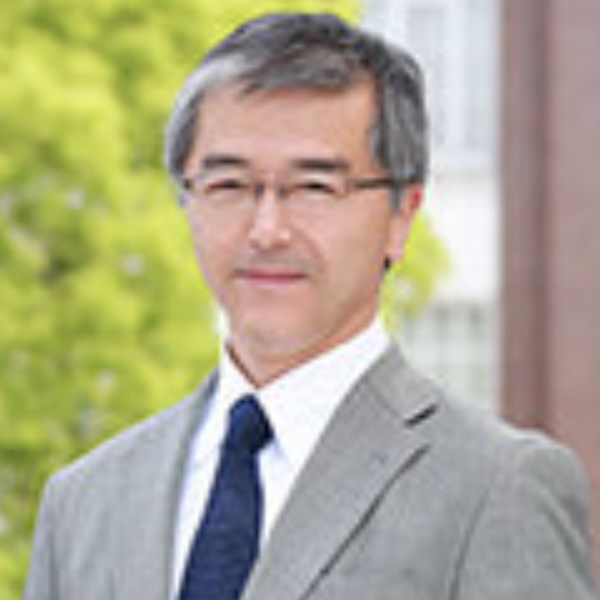
Dr. Yuichi Ikeda
Professor of Physics, Graduate School of Advanced Integrated Studies in Human Survivability, Kyoto University
Yuichi Ikeda is a Professor of Physics at the Graduate School of Advanced Integrated Studies in Human Survivability, Kyoto University (2012-present). Previously, he was an Associate Professor at Institute of Industrial Science, University of Tokyo in 2011 and a Research Engineer and a Senior Research Engineer at Hitachi Research Laboratory, Hitachi Ltd (1990-2010). During this period, he also studied computational plasma physics at the University of California, Berkeley as a Visiting Industrial Fellow in 1997 and studied the global energy issues including smart grid technology as a Consultant at the International Energy Agency in 2010.
He received his Ph.D. from Kyushu University in 1989 for his study on nuclear physics at Brookhaven National Laboratory as a collaborator on the project on quark-hadron phase transition experiment. He also studied high energy physics at the Institute of Nuclear Science, University of Tokyo as a Postdoctoral Fellow in1989. He has published 67 peer-reviewed journal papers, 39 filed patent applications, four publications in professional magazines and seven books.
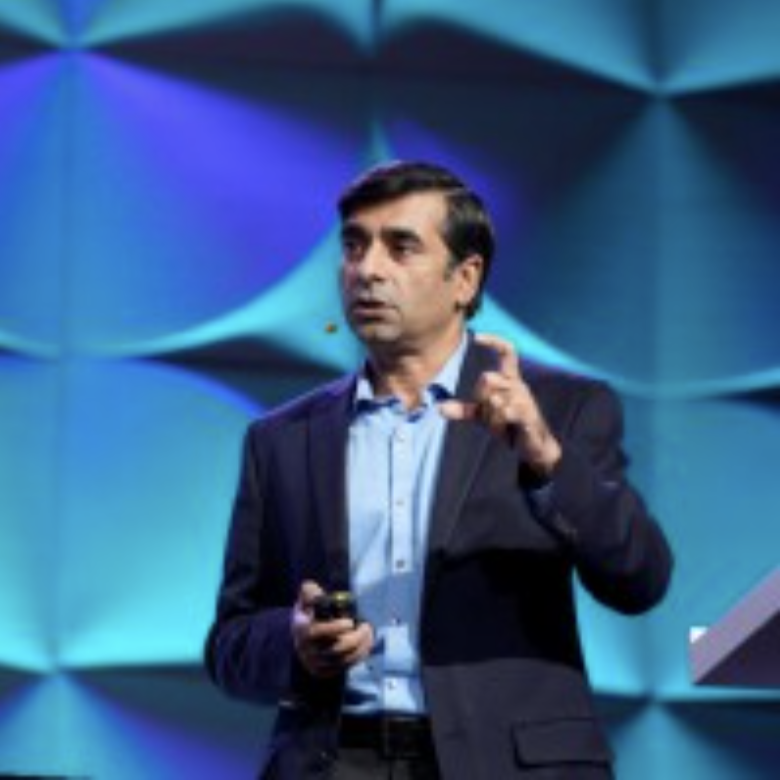
Dr. Anjum Khurshid
Director of Data Integration,Department of Population Health, Assistant Professor, Department of Population Health, The University of Texas at Austin Dell Medical School
Anjum Khurshid, M.D., Ph.D., is the inaugural director of data integration in Dell Medical School’s Department of Population Health. Khurshid is a nationally recognized leader in the fields of population health and health information technology. In 2014, he was appointed to the Federal Advisory Committee on Health Information Technology Policy. In 2016, he was also appointed co-chair of the Task Force on Interoperability Experience formed by the Office of the National Coordinator for Health Information Technology. Khurshid is a faculty member in the Department of Population Health and has previously held faculty positions in the University of Missouri’s School of Medicine and Tulane University’s School of Medicine and School of Public Health and Tropical Medicine. He earned his Doctor of Medicine degree from the King Edward Medical University, Lahore and a Ph.D. in public policy and Masters in Public Affairs from The University of Texas at Austin.

Dave Kochalko
Co-founder and President of ARTiFACTS
Dave Kochalko, Co-Founder of ARTiFACTS, has 30 years of experience in the STM industry leading startups, multinational businesses and non-profit organizations. Upon joining Eugene Garfield at the Institute for Scientific Information in the early ‘90s and throughout his tenure with Thomson Reuters, Dave led the development and growth of world-class scientific academic research and publishing solutions including Derwent, EndNote, InCites, ScholarOne, and the Web of Science, among others. Dave is a Co- Founder of ORCID and has served as consulting advisor and board member for industry and academic institutions. Dave is an alumnus of the University of Michigan.
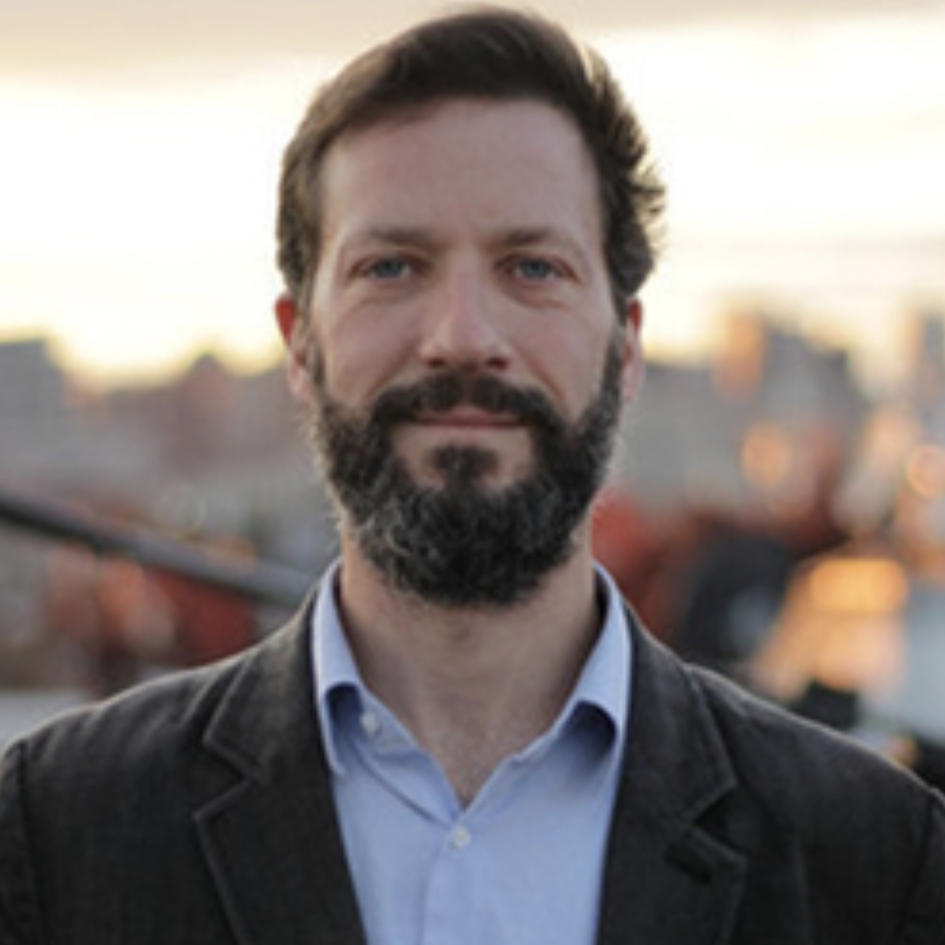
Dr. Sean Manion
Dr. Sean Manion, Chief Science Officer at Consensys Health
Sean Manion, PhD is Chief Scientific Officer at ConsenSys Health, a start-up focused on the application of blockchain chain enabled decentralized AI for health and life sciences. He is co-author of the book “Blockchain for Medical Research: Accelerating Trust in Healthcare”, co-chair of the IEEE Healthcare: Blockchain & AI virtual series, and chair of the research subcommittee for IEEE SA P2418.6 Blockchain Standards for Health and Life Sciences working group. He utilizes his background as a neuroscientist and former U.S. federal research administrator to help governmental and nonprofit groups explore the opportunities and challenges of bringing emerging tech to healthcare and life sciences. He moved to the private sector in 2017 and co-founded Science Distributed, now a non-profit focused on advancing and opening access to science. He speaks to government, academia, and industry audiences on applying blockchain to healthcare and research. He serves as Vice President of the non-profit American College of Military Public Health and also serves on the editorial review board for the peer-reviewed blockchain journals Ledger and the Journal of the British Blockchain Association. Dr. Manion earned degrees in Biochemistry at Temple University (BS, 1999) and Neuroscience at the Uniformed Services University of the Health Sciences – USUHS (PhD, 2006).
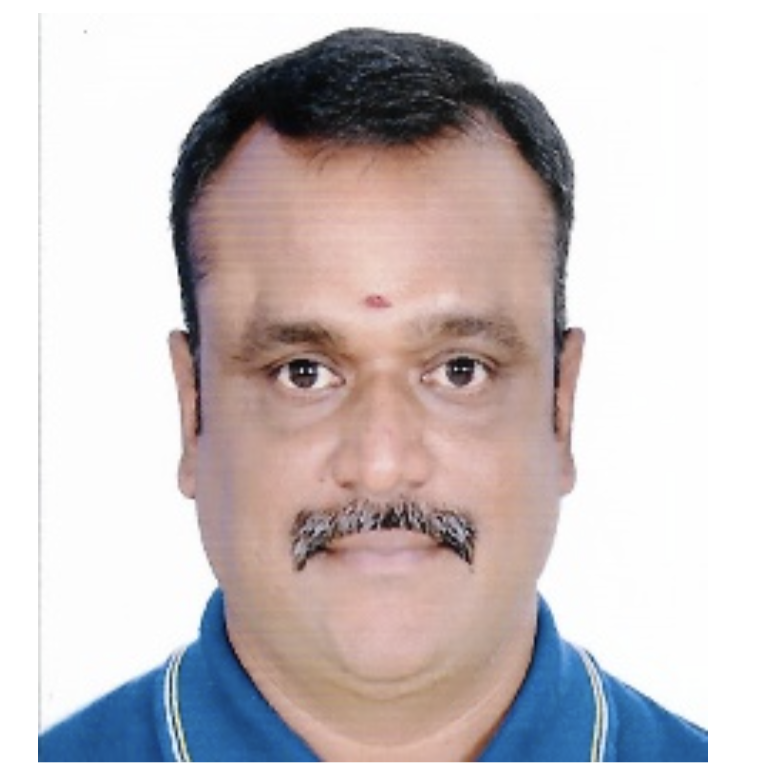
Dr. Vijayakumar Varadarajan
Adjunct Professor, School of Computer Science and Engineering, The University of New South Wales
Dr. Vijayakumar Varadarajan holds a BE in Computer Science and Engineering, and an MBA in Human Resources and Development, all with First Class Honours, as well as an ME in Computer Science and Engineering with a First Rank Award and a PhD in Computer Science and Engineering from Anna University in 2012. Having served as a Professor and Associate Dean for the School of Computing Science and Engineering at VIT University in Chennai, India, he currently holds positions as an Adjunct Professor in the School of Computer Science and Engineering in University of New South Wales in Australia, a Visiting Professor at Kyungpook National University in the Republic of Korea, a Visiting Post Doc Scientist at the Universidade Federal do Piauí in Brazil. He is also the Lead Advisor for Data Science Projects and Research Collaborations for BriteYellow Private Ltd in India, and a Cloud Computing Consultant for MIT Square in the United Kingdom. Throughout his career, Varadarajan has published articles in national and international journals, made numerous conference presentations, peer-reviewed, and edited chapters in scholarly books and served as a reviewer for IEEE Transactions, Inderscience, and Springer Journals.
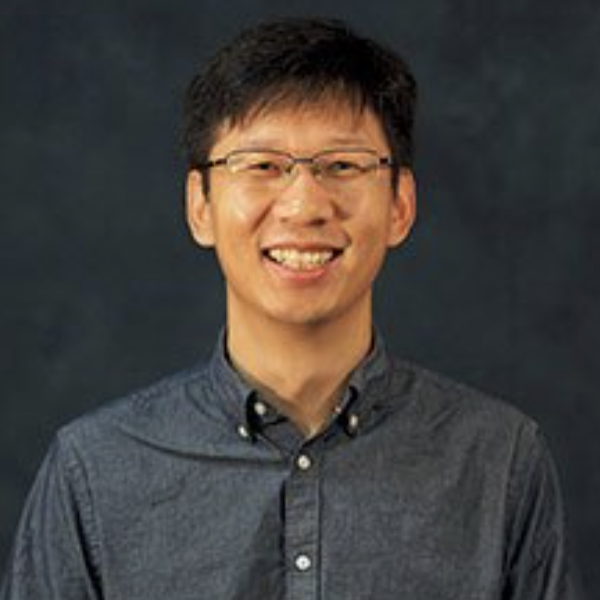
Dr. Lei Zhang
Senior Lecturer, University of Glasgow
Lei Zhang (Senior Member, IEEE) received the Ph.D. degree from the University of Sheffield, Sheffield, U.K.. He is a Senior Lecturer with the University of Glasgow, Glasgow, U.K. He has 19 patents granted/filed in more than 30 countries/regions, including U.S./U.K./EU/China/Japan. He has published two books and over 100 peer-reviewed papers. His research interests include wireless communication systems and networks, blockchain technology, data privacy and security, radio access network slicing, Internet of Things, multiantenna signal processing, and MIMO systems. Zhang received the IEEE Communication Society TAOS Technical Committee Best Paper Award 2019. He is a Technical Committee Chair of 5th International conference on U.K.-China Emerging Technologies 2020. He was the Publication and Registration Chair of IEEE Sensor Array and Multichannel 2018, the Co-Chair of Cyber-C Blockchain workshop 2019. He is an Associate Editor of IEEE Internet of Things Journal, IEEE Wireless Communications Letters, and Digital Communications and Networks.
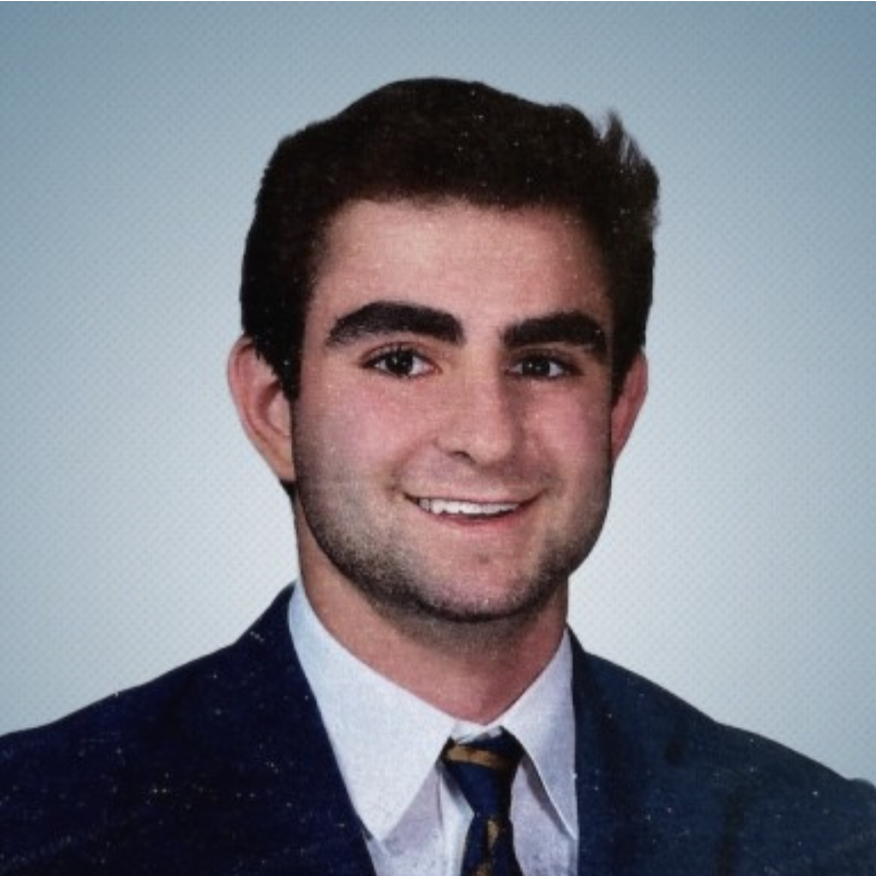
Trey Ashmore
Coordinator, Blockchain in Health Lab and ConV2X BCA Track
Trey Ashmore is a rising second-year student at the University of Texas at Austin pursuing majors in Business Honors and Finance from the McCombs School of Business and Plan II Honors from the College of Liberal Arts. He functions as a contributing intern for the Blockchain and Emerging Technologies in Health Track at ConV2X, as well as a graduate research assistant to Dr. Anjum Khurshid at the University of Texas at Austin Dell Medical School.